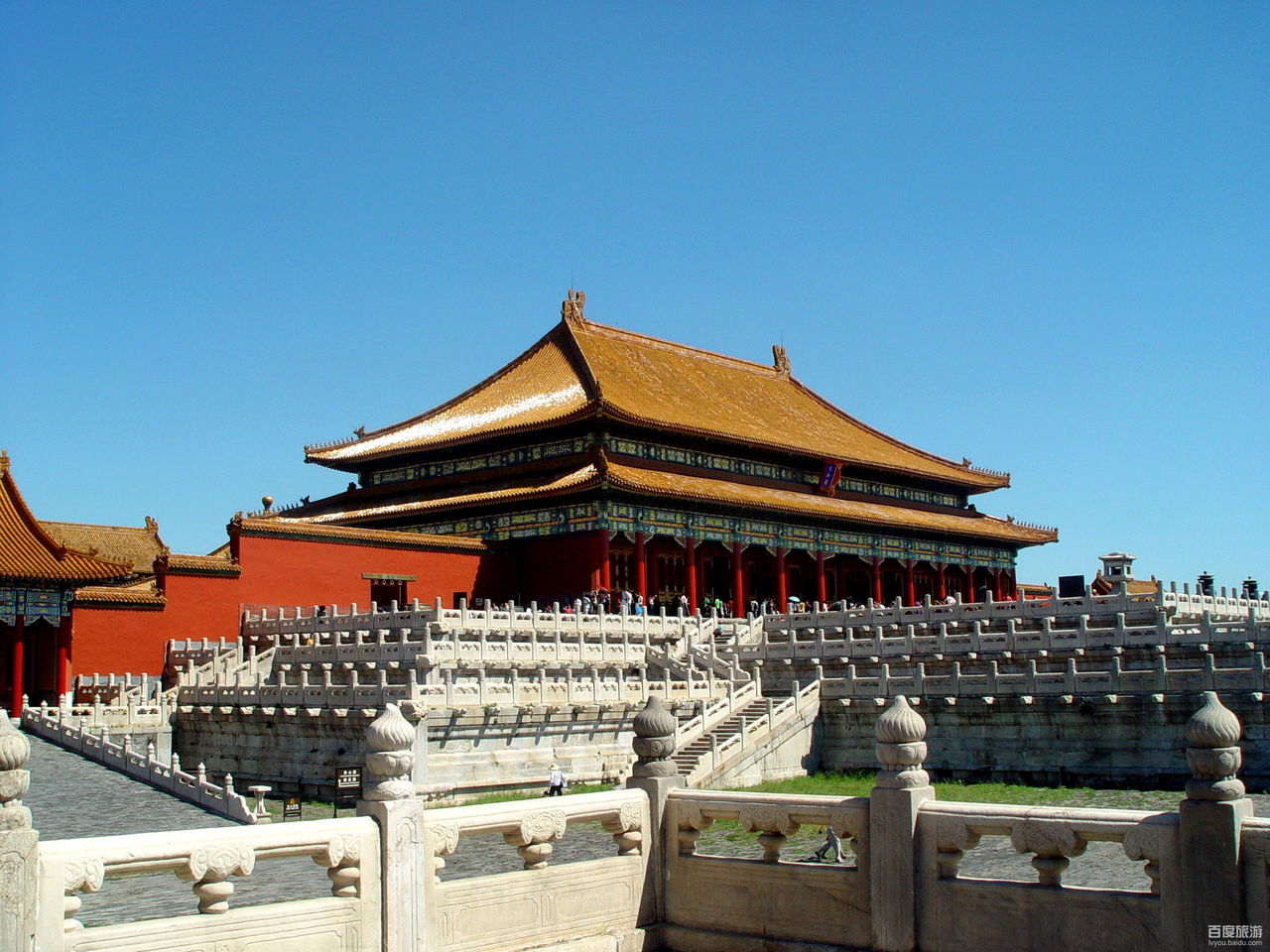Beijing

As a center for politics, culture, science and technology and economic decision-making, Beijing is always the first choice for the head offices of many transnational corporations. Although the environment and municipal administration need improving, Beijing still enjoys a good commercial prospect in light of its special status and the huge business opportunities brought along by the Olympics.
Economy
Beijing is amongst the most developed cities in China, with tertiary industry accounting for 73.2% of its gross domestic product (GDP); it was the first post industrial city in mainland China. Beijing is home to 26 Fortune Global 500 companies, the third most in the world behind Tokyo and Paris.
Finance is one of the most important industries. By the end of 2007, there were 751 financial organizations in Beijing generating revenue of 128.6 billion RMB, 11.6% of the total financial industry revenue of the entire country. That also accounts for 13.8% of Beijing 's GDP, the highest percentage of any Chinese city.
In 2010, Beijing 's nominal GDP reached 1.37 trillion RMB. Its per capita GDP was 78,194 RMB. In 2009, Beijing 's nominal GDP was 1.19 trillion RMB (US$174 billion), a growth of 10.1% over the previous year. Its GDP per capita was 68,788 RMB (US$10,070), an increase of 6.2% over 2008. In 2009, Beijing 's primary, secondary, and tertiary industries were worth 11.83 billion RMB, 274.31 billion RMB, and 900.45 billion RMB respectively. Urban disposable income per capita was 26,738 yuan, a real increase of 8.1% from the previous year. Per capita pure income of rural residents was 11,986 RMB, a real increase of 11.5%. The Engel's coefficient of Beijing 's urban residents reached 31.8% in 2005, while that of the rural residents was 32.8%, declining 4.5 and 3.9 percentage points respectively compared to 2000.
Beijing 's real estate and automobile sectors have continued to boom in recent years. In 2005, a total of 28,032,000 square metres (301,730,000 sq ft) of housing real estate was sold, for a total of 175.88 billion RMB. The total number of cars registered in Beijing in 2004 was 2,146,000, of which 1,540,000 were privately owned (a yearly increase of 18.7%).
The Beijing central business district (CBD), centred on the Guomao area, has been identified as the city's new central business district, and is home to a variety of corporate regional headquarters, shopping precincts, and high-end housing. Beijing Financial Street, in the Fuxingmen and Fuchengmen area, is a traditional financial centre. The Wangfujing and Xidan areas are major shopping districts. Zhongguancun, dubbed "China's Silicon Valley", continues to be a major centre in electronics and computer-related industries, as well as pharmaceuticals-related research. Meanwhile, Yizhuang, located to the southeast of the urban area, is becoming a new centre in pharmaceuticals, information technology, and materials engineering. Beijing has the third fastest growing GDP among all cities in newly industrialized countries, behind only Mumbai and Shanghai .[73] Shijingshan, on the western outskirts of the city, is among the major industrial areas.[74] Specially designated industrial parks include Zhongguancun Science Park, Yongle Economic Development Zone, Beijing Economic-technological Development Area, and Tianzhu Airport Industrial Zone.
Agriculture is carried on outside the urban area, with wheat and maize (corn) being the main crops. Vegetables are also grown closer to the urban area in order to supply the city.
Beijing is increasingly becoming known for its innovative entrepreneurs and high-growth startup companies. This culture is backed by a large community of both Chinese and foreign venture capital firms, such as Sequoia Capital, whose head office in China is in Chaoyang, Beijing . Though Shanghai is seen as the economic centre of China, this is typically based on the numerous large corporations based there, rather than for being a centre for entrepreneurship.
Less legitimate enterprises also exist. Urban Beijing is known for being a centre of pirated goods; anything from the latest designer clothing to DVDs can be found in markets all over the city, often marketed to expatriates and international visitors.
The development of Beijing continues at a rapid pace, and the vast expansion has created a multitude of problems for the city. Beijing is known for its smog as well as the frequent "power-saving" programmes instituted by the government. To reduce air pollution, a number of major industries have been ordered to reduce emissions or leave the city. Beijing Capital Steel, once one of the city's largest employers and its single biggest polluter, has been relocating most of its operations to Tangshan, in nearby Hebei Province.Residents and tourists alike frequently complain about the water quality and the cost of the basic services such as electricity and natural gas.

